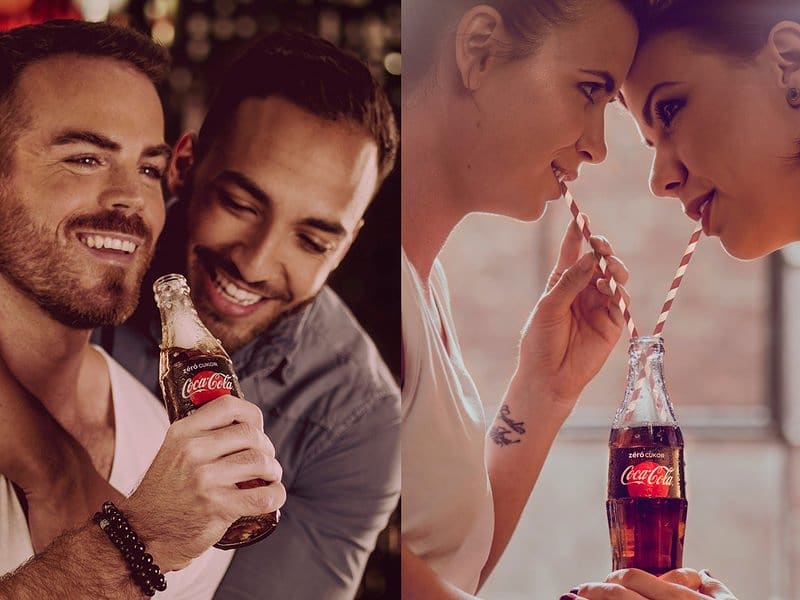With Pride month ending last June, we have seen many countries all over the world participate in the LGBTQ+ movement of #resisting the status quo, and go beyond binary norms.
New York had the biggest pride parade in the city, Madrid held their Gay Pride in Orgullo, Amsterdam took to their canals and decorated their boats rainbow, Tel Aviv Gay Pride happened in Israel—which was a big feat due to the abolishment of their gay sex restrictions, and many more colorful events occurred all over the world to celebrate love, diversity, and inclusivity. Our country also had the biggest Pride parade the Philippines has ever done.
The world is slowly progressing into a more acceptable and all-encompassing society.
But of course, there are still huge gaps to fill.
In early August in Hungary, Coca-Cola launched its “Love Is Love” campaign that featured same-sex couples on posters all over the city. Needless to say, the intensive backlash was disheartening.
The campaign has sparked an uproar in Hungary, with a leading lawmaker from the ruling conservative populist party calling for a boycott of the company. The Washington Post reports that they are now facing intense criticism, which makes this the latest instance of a vocal anti-gay backlash across parts of post-communist central Europe.
We can assess this situation by viewing these backlashes as an underscore of how slowly attitudes toward homosexuality have changed in post-communist Europe, compared to other parts of the continent and much of the Western world. It also mirrors what activists have warned is a growing anti-gay sentiment being promoted by right-wing governments in places like Poland.
Hungary has now garnered 30,000 signatures on a petition that demands to take down the Coca-Cola ads, because “children can see.” A senior member of the Fidesz ruling party, István Boldog, called for a boycott of Coca-Cola over the “provocative” ads, which feature slogans such as “Zero Sugar, Zero Prejudice.”
Coca-Cola has already responded to the issue: “With our campaign, we stand for values and human rights, so in accord with our principles we support acceptance, and the approach that all people are equal.”
Hungary is not only the country that refuses to accept homosexuality. States like Brunei, Yemen, Quatar, UAE, Pakistan, and many more, still consider homosexuality as crimes punishable by death.
In a world where countries that still refuse to evolve with progressing ideologies of acceptance and inclusivity still exist, it is important to remain understanding, and to ask the right questions: why are these countries refusing to accept the LGBTQ+ community? We must consider each nation’s culture, beliefs, traditions, and religions, before we criticize. The only way progress will push through is if we understand both sides of a spectrum.
Big brands, corporations, and people with voices and influence like Coca-Cola, who are giving their support and advocating love in all forms is crucial for the voices of the minority to be heard. And despite the backlash, it is vital the #Resistance stands firm.
Photo courtesy of Kushal Roy’s Instagram account
For the latest in culture, fashion, beauty, and celebrities, subscribe to our weekly newsletter here
Follow Preen on Facebook, Instagram, Twitter, YouTube, and Viber
Related stories:
Celebrate Pride all year long with these local LGBT+ films
PSA: You can’t call yourself an LGBTQ+ ally if you don’t agree with what they’re fighting for
Elisa y Marcela shows the lengths same-sex couples can go to get married
Pride is a protest: The advocacies we saw at the march


